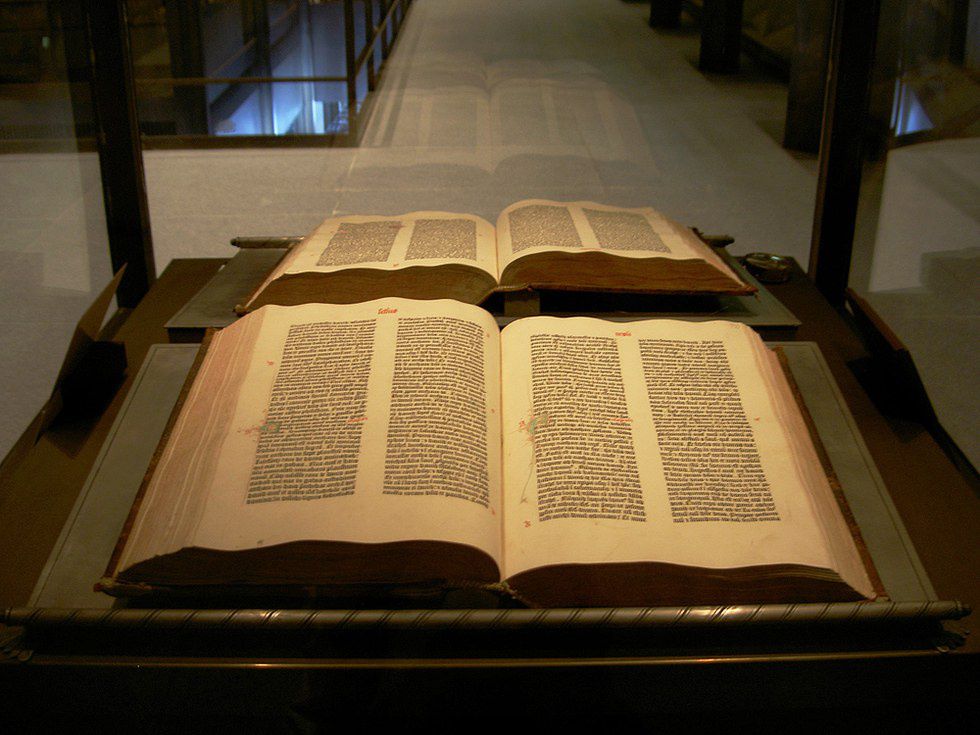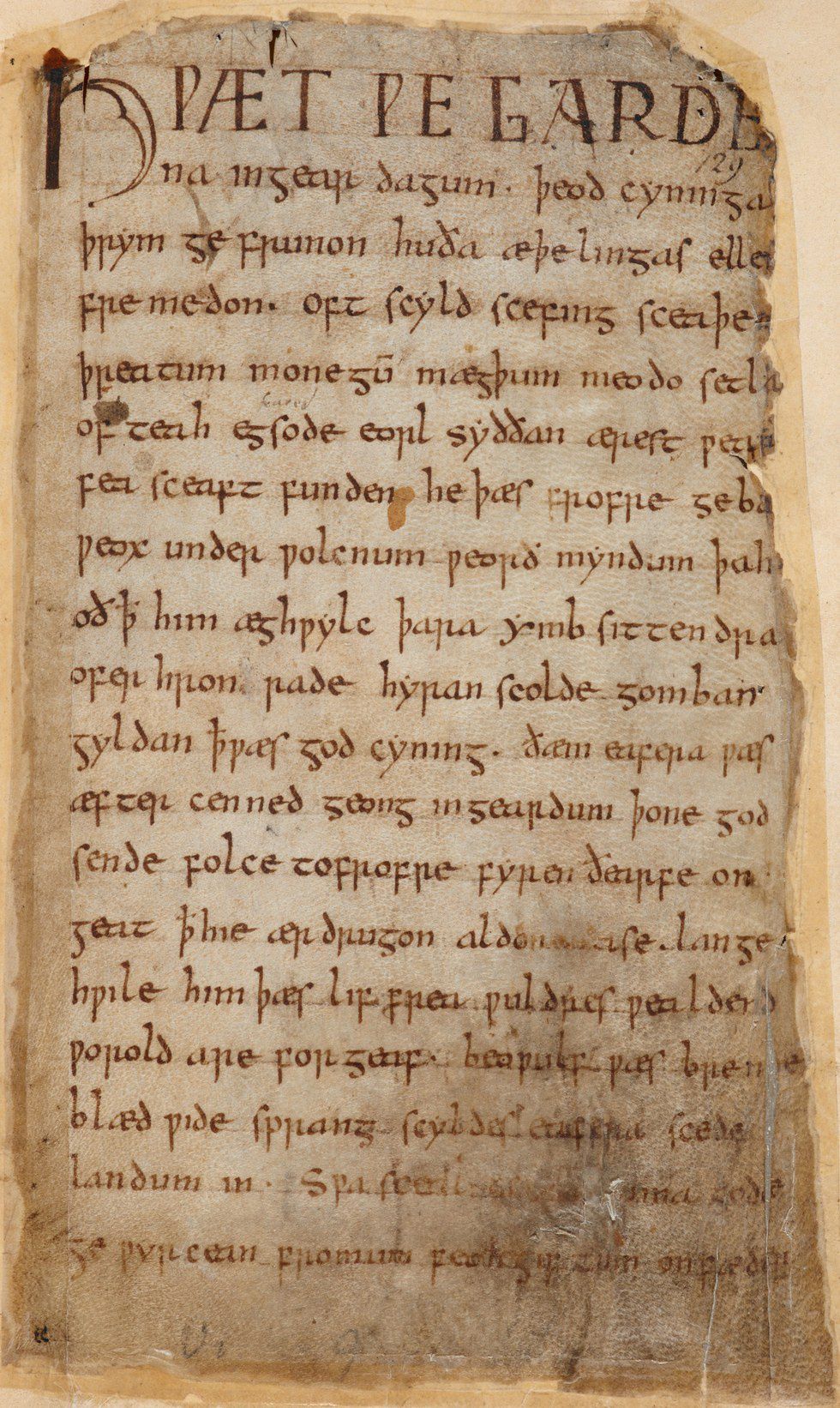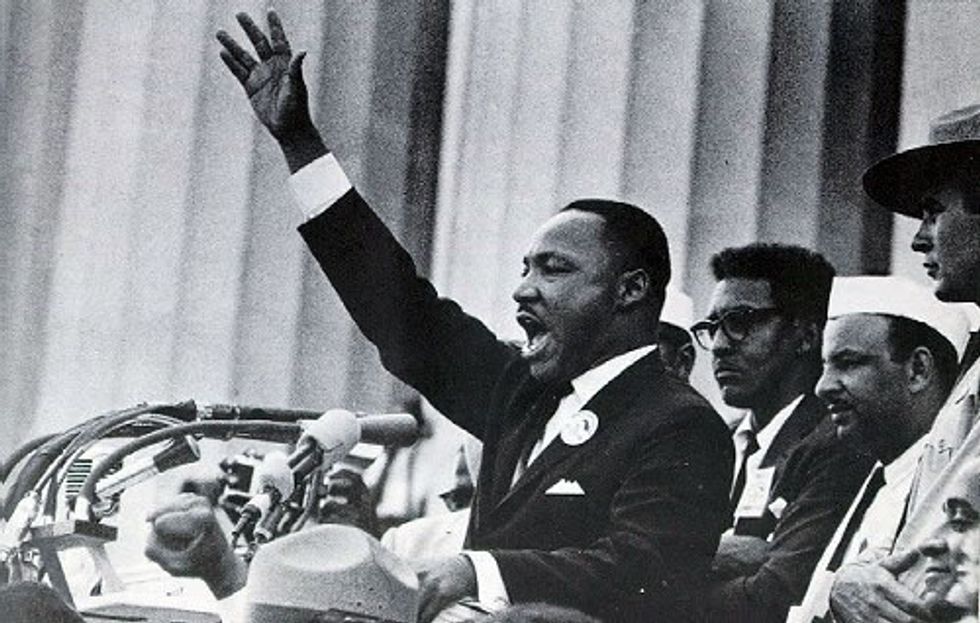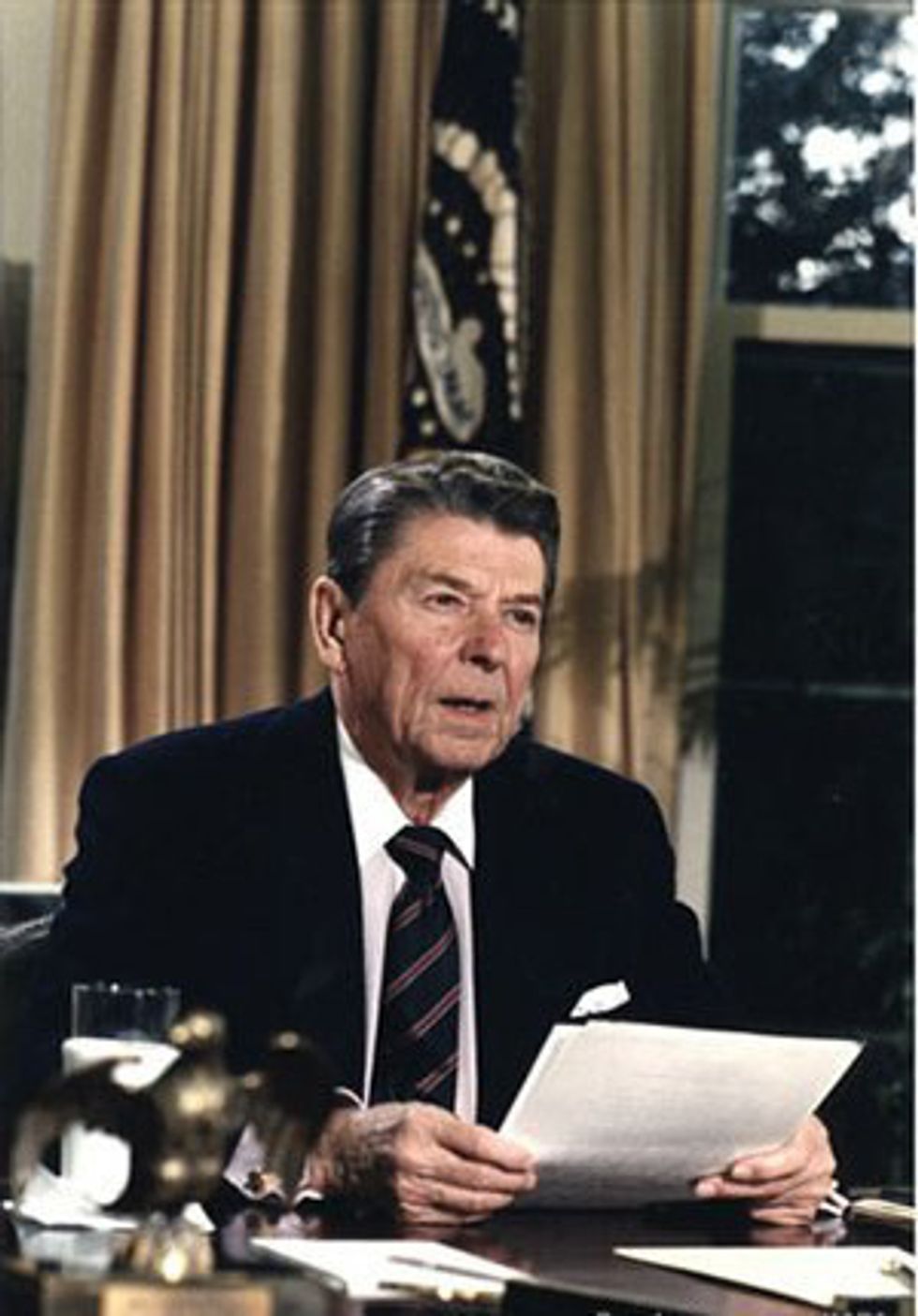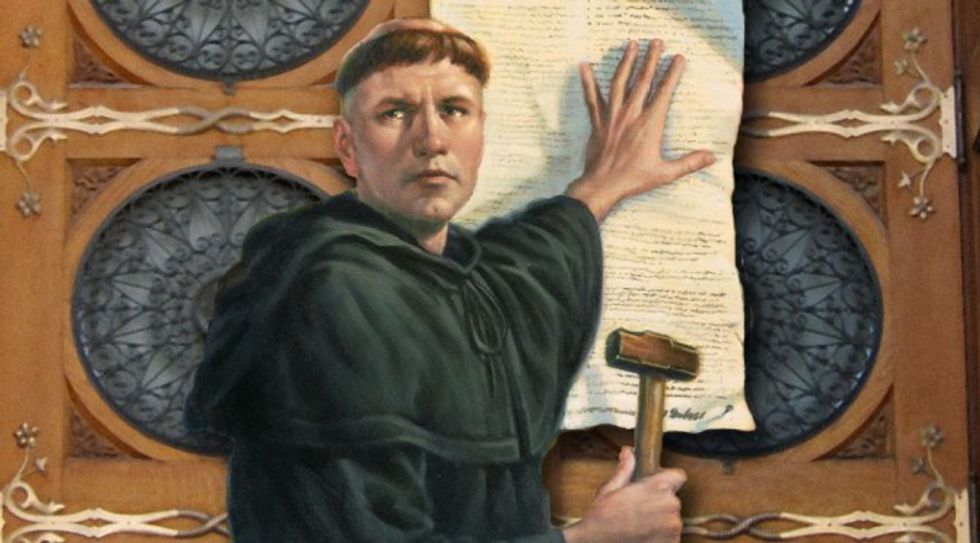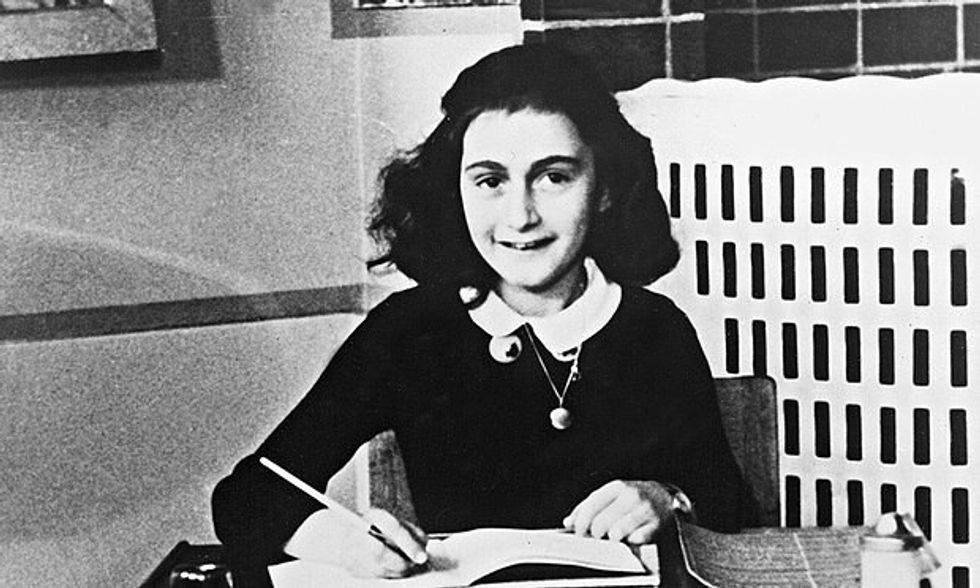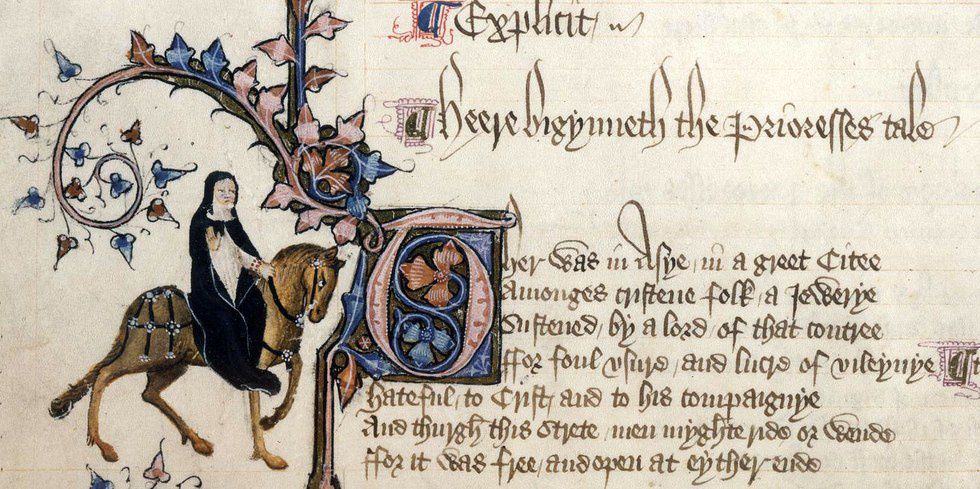“No matter what anybody tells you, words and ideas can change the world.”
These words were spoken by Robin Williams when he played English teacher, John Keating in the 1989 movie "Dead Poets Society." This statement has held so incredibly true throughout the ages and into the present day. Words have the power to condemn, to liberate and to romanticize.
There has been a wealth of documents, publications, and speeches that have “changed the world” through the course of human history. I have put together a list of just a few of the highlights. Bear in mind that this list is in no way all-inclusive and is just a personal compilation of historically powerful statements.
1. The Gutenberg Bible
According to History, “This elegant, two-volume Latin Bible was one of the earliest works made using movable metallic type, a system of individual letters and character pieces that could be rearranged and reused during printing. Its popularity signaled a global revolution for the written word.” It is no coincidence that the Bible was the first mass-produced volume in history and is currently the world’s number one best seller .
2. "Beowulf"
According to History Medren, “Much has been written about this epic poem, and it will surely continue to inspire scholarly investigation and debate, both literary and historical… The poem has also inspired fresh creative works, [including] Tolkien's Lord of the Rings… and it will probably continue to do so for centuries to come.” I had the frustrating privilege of reading this Anglo-Saxon epic in high school and, although tedious and difficult to understand, the feeling I got from reading something so rich in history and steeped in academic thought was incredible.3. Martin Luther King Jr., “I Have a Dream”
In 1963, Martin Luther King Jr. spoke out against the injustices being fought against during the Civil Rights movement. King’s voice reverberated throughout the nation as he stood and said, “With this faith we will be able to transform the jangling discords of our nation into a beautiful symphony of brotherhood. With this faith we will be able to work together, to pray together, to struggle together, to go to jail together, to stand up for freedom together, knowing that we will be free one day.”
4. Ronald Reagan, “Address to the Nation on the Challenger”
In light of the shocking tragedy of the 1982 Challenger explosion, President Ronald Reagan addressed a shell-shocked nation and honored the lives of those lost in the pursuit of exploration. Reagan spoke in his usual strong and caring way when he said, “…The future doesn’t belong to the fainthearted; it belongs to the brave. The Challenger crew was pulling us into the future, and we’ll continue to follow them…” Reagan’s strong and compassionate countenance offered comfort to a nation mourning the loss of true “pioneers.”
5. Martin Luther’s 95 Thesis
Martin Luther sparked the flames that engulfed the corrupted institution of the church and brought forth the Protestant Reformation. In defiance of the current Pontiff, Luther began his famous document simply saying, “Out of love for the truth and the desire to bring it to light, the following propositions will be discussed at Wittenberg, under the presidency of the Reverend Father Martin Luther…”
6. The Bill of Rights
According to the Bill of Rights Institute, “The first 10 amendments to the Constitution make up the Bill of Rights. Written by James Madison in response to calls from several states for greater constitutional protection for individual liberties, the Bill of Rights lists specific prohibitions on governmental power.” The Bill of Rights is one of the most, if not the most, important document in United States history. This document safeguards the nation against corruption and oppressive rule. Take note of this document and know that the government that challenges it and seeks to alter it is the corrupt rule it sought to safeguard us against.7. The Treaty of Versailles
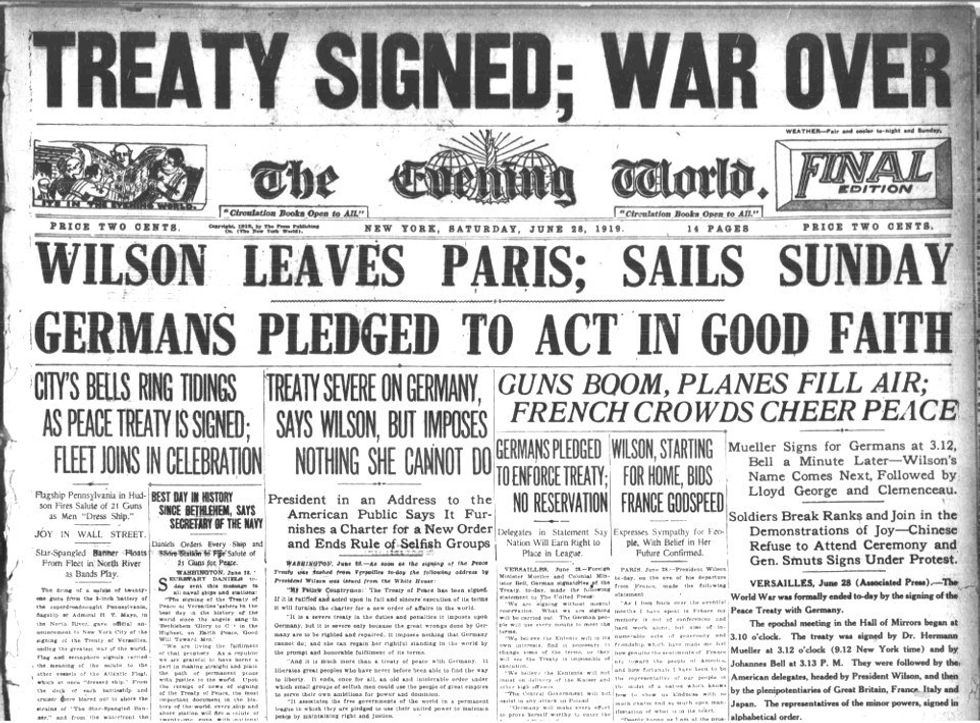
8. Anne Frank: The Diary of a Young Girl
In her poignant first-hand telling of the horrors of World War II, Anne Frank masterfully immortalizes the heart-wrenching personal account of herself, a 13 year old girl, clinging towhatever innocence she could. In one of many powerful statements found in her diary, she says “I don’t think of all the misery but of the beauty that still remains.” Anne Frank was a beautiful soul that persevered in the face of the worst of human hatred and injustice right up until the end. Her resilience and insight is something that everyone can learn from.
9. "The Canterbury Tales" by Geoffrey Chaucer
This collection of stories is my personal favorite among medieval literature. The tales are witty and show an interesting perspective on the happenings of the times. I recommend reading the original text alongside a modern translation, because you are then better ableto understand the depth of the literature. According to Biography Online, the “Canterbury Tales’ are a collection of 20 books written in Middle English, telling accounts of English life in the Middle Ages. Chaucer was a master story teller, also including criticism of the church and aspects of English life. The book was an influential moment in encouraging the use of English – as opposed to Latin.”
10. "Leaves of Grass" by Walt Whitman
The inclusion of Walt Whitman on this list, to me, is a given. Not only for the reoccurring references to him and his poetry in the movie "Dead Poets Society" or for the fact that he’s my favorite poet, but for his impact on the poetic status quo. According to The Hyper Text , “Whitman was the first major free verse poet, he was highly influential with American and English poets to come, and with poets all around the world who chose to either break the rules of formal verse, or greatly relax them… He helped change the culture of modern art.” Although his lifestyle was questionable, his mastery of language and influence on his genre is unmatched.
In conclusion, I challenge you to ponder the power of words, both written and uttered in order to realize their potential. A potential to ignite positive change. An equal potential to squelch it. I leave you with the words spoken by Williams at a pivotal moment in "Dead Poets Society,"
“We don't read and write poetry because it's cute. We read and write poetry because we are members of the human race. And the human race is filled with passion. And medicine, law, business, engineering, these are noble pursuits and necessary to sustain life. But poetry, beauty, romance, love, these are what we stay alive for. To quote from Whitman, 'O me! O life!... of the questions of these recurring; of the endless trains of the faithless--of cities filled with the foolish; what good amid these, O me, O life?' Answer. That you are here--that life exists, and identity; that the powerful play goes on and you may contribute a verse. That the powerful play goes on and you may contribute a verse. What will your verse be?”




